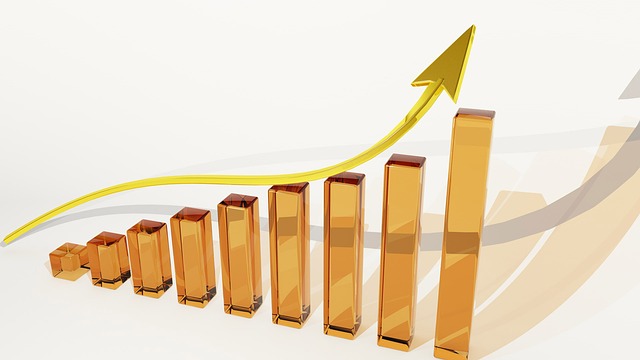Food and energy prices here, as in the rest of Europe, have increased since the start of the war in Ukraine. Inflation last year was more than 11 percent. The fight with the farmers was the latest in a series of legal battles that had led the Dutch government to cap the number of flights from the country’s largest airport and reduce speed limits on highways. When the government insisted on making another unpopular environmental policy a priority at a time when many people were struggling to pay their bills, it created a space that the BBB rushed to fill.
For many Dutch farmers, the fight is not ideological, and the BBB cast itself as the voice of rural interests against an urban elite that can’t tell a Hereford from a Holstein. “People in the Netherlands work very hard, want to live affordably, and in the weekend just want to drink a beer together,” the party’s leader, Caroline van der Plas, a former journalist, said in a recent campaign video.
The party has pushed back against being described as far right, but some on the right thought they recognized fellow travelers: Last summer, Donald Trump told a rally in Florida that the farmers were “courageously opposing the climate tyranny of the Dutch government.” Marine Le Pen, the leader of France’s far-right National Rally, also tweeted her support. Poland’s agriculture minister, a member of the ruling right-wing Law and Justice Party, met with the farmers in Warsaw and endorsed their cause.
After the election Mr. Rutte reportedly canceled a weekly lunch with his deputies to break bread with the BBB. The government spent much of last week in crisis talks debating whether the emissions plans should be watered down or put on hold.
For Europe, the backlash might just be beginning. A few weeks ago, farmers from Belgium’s northern Flanders region blockaded central Brussels with tractors to protest a regional plan to reduce emissions. “Proud to be a farmer,” read one of the signs.
Ben Coates (@bencoates1) is a columnist for Algemeen Dagblad, a Dutch daily newspaper, and the author of “Why the Dutch Are Different.”
The Times is committed to publishing a diversity of letters to the editor. We’d like to hear what you think about this or any of our articles. Here are some tips. And here’s our email: letters@nytimes.com.
Follow The New York Times Opinion section on Facebook, Twitter (@NYTopinion) and Instagram.

